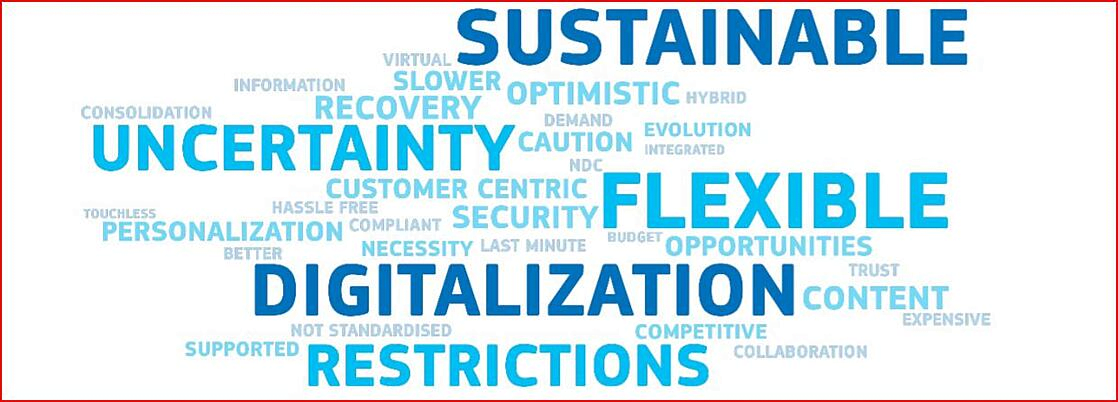
There are so many changes impacting business these days. There are changes in technology, consumer behaviours, social and cultural trends, legal frameworks and climate change not to mention pandemics. So how do we as business leaders navigate all these changes and ensure we are not caught out by one or more of these changes? In this article I describe five strategies to enable businesses become more resilient from these future changes.
On their own each strategy will assist to some extent in making a business more resilient. But the greater value is the synthesis of these strategies working together to make your business more robust and able to withstand the turbulences that all businesses encounter.
1. Learn how to change
Firstly, as business leaders, we need to learn how to change. We need to learn ‘change’ skills. By this, I mean knowledge about how change occurs and how you can lead others around you to accept and contribute to the change process within your business.
While this is may sound challenging, like any skill it can be learned. This skill comprises several ingredients including changing your mindset about the value of change, learning how to identify changes in your market and the world generally, and knowing how to analyse and respond to such changes. It also means knowing when to get some expert help when you are unsure about the changes and how they manage them.
2. Create an innovation culture
Make sure your company is positioned to innovate. To foster a culture of innovation, create an environment that is experimental, flexible, and free. Innovation should be a way of being, a mode of operating, a journey. However, it does require some structure to initiate and guide the process. To be successful and long-lasting, an innovation culture needs to be developed and become part of a company’s DNA.
The most critical ingredients of any innovation system are leadership and people, especially staff. They know how the company operates and are most familiar with how its customers are thinking and behaving. Any innovation system must involve them. This includes sharing company data and information with staff so that they can make timely and wise decisions. And of course, staff should be continually upskilled to ensure they are operating efficiently and with a focus on quality and customer focus.
3. Spread out your revenue streams
Avoid focusing on part of your business for the entire success of it. What I mean by this is don’t just have one service or product that brings in 100% of your revenue. Diversify your business to increase your chances of survival. If something goes wrong with one ‘arm’ of your business, it’s okay because it’s easy to replace. Always look for new opportunities.
This also means not relying on a few customers for the majority of your sales revenue. Again seek to diversify the number and type of customers in case you lose one of your major customers. This is especially the case in the B2B business environments where it’s easy to become reliant on a few high-value customers.
4. Keep up with the trends
Predict future trends by looking at problems your customers and industry are experiencing. Your market won’t always tell you what they want, so do your best to anticipate it. Be imaginative and curious, and continually be asking what your customer need and want. What are their pain points? How are they behaving? Follow trends in the USA and other developed countries to see what’s trending. Stay ahead of the game and track what’s happening elsewhere in your industry.
Subscribe to reputable social trend commentators and keep up with what is happening with people’s behaviour For example the recent worldwide phenomenon of working from home bought about by the recent pandemic provides an opportunity to provide products and services working from home. And if you are a commercial office supplier you may need to diversify given this trend which seems here to stay.
Have you noticed some clever ways of doing business in other industries? Perhaps you can apply the same concept to your business and be a leader within your market. Many people only focus on what’s going on in their own space and they miss the opportunity to transfer such ideas into your industry. For example, could elements of the gig economy be applied to your company’s services?
5. Structure for change
Structure our businesses to be adaptive to change. You will need a mix of flexible policies, systems, procedures and resources so that when a change affects your business, it’s not too costly or time-consuming to make the required changes.
Flexibility can be achieved through the use of technology to automate as much as practical. Automation should be applied to routine processes such as order taking, bookings and inventory management for example. Seek to outsource low-level activities such as bookkeeping, appointment management, records management and the like to free you and your team to focus on the higher value work such as business development and customer servicing.
Ensure you have reliable suppliers as much as practical. Keep good relationships with suppliers, and be willing to work with them to ensure the products and services you need are supplied on time and to the required standard. Have a backup plan if possible, for the eventuality of losing a key supplier.
Concluding remarks
Future proofing can be a challenging affair for business leaders. But it is a worthwhile and valuable investment in a company’s future. It is helpful to have a business adviser to guide and encourage you to manage change. A business coach can provide you with research on relevant changes, tools and techniques for managing change, and help you plan your actions and responses to the change.
If you can see the opportunities arising from current changes, then contact me for a no-obligation chat, and take that first step towards future proofing your business. Contact me at 0402 843314 or [email protected] to arrange a meeting.
And to finish on a lighter note: Change is inevitable, except from a vending machine!





